Chengfei Yao
A Class-Incremental Learning Method Based on One Class Support Vector Machine
Mar 01, 2018

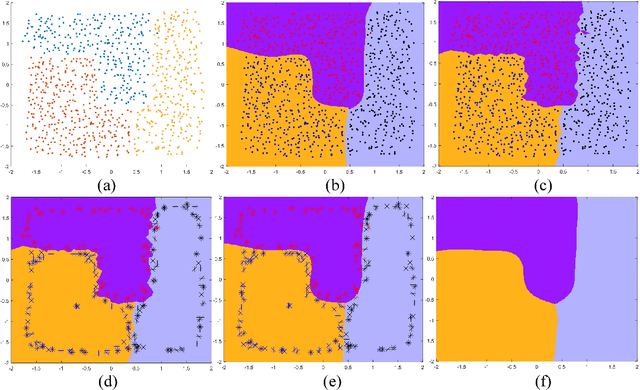
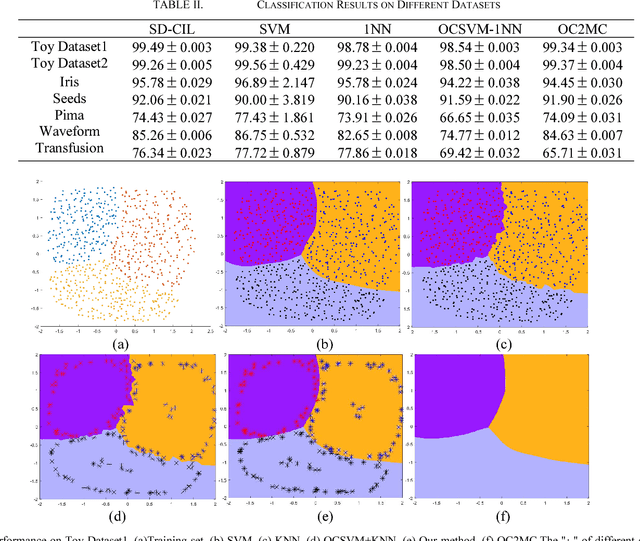
Abstract:A method based on one class support vector machine (OCSVM) is proposed for class incremental learning. Several OCSVM models divide the input space into several parts. Then, the 1VS1 classifiers are constructed for the confuse part by using the support vectors. During the class incremental learning process, the OCSVM of the new class is trained at first. Then the support vectors of the old classes and the support vectors of the new class are reused to train 1VS1 classifiers for the confuse part. In order to bring more information to the certain support vectors, the support vectors are at the boundary of the distribution of samples as much as possible when the OCSVM is built. Compared with the traditional methods, the proposed method retains the original model and thus reduces memory consumption and training time cost. Various experiments on different datasets also verify the efficiency of the proposed method.
HSI-CNN: A Novel Convolution Neural Network for Hyperspectral Image
Feb 28, 2018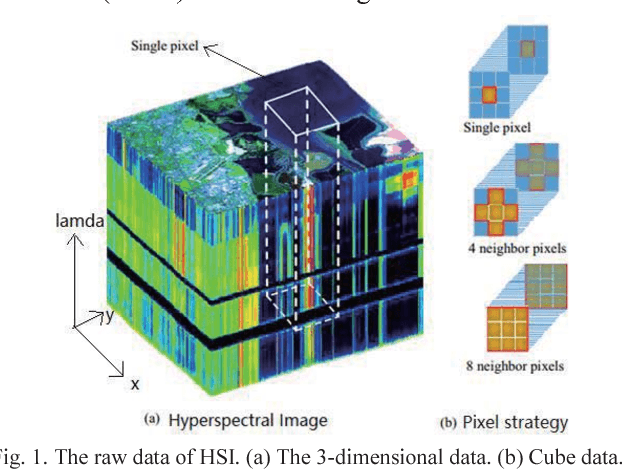
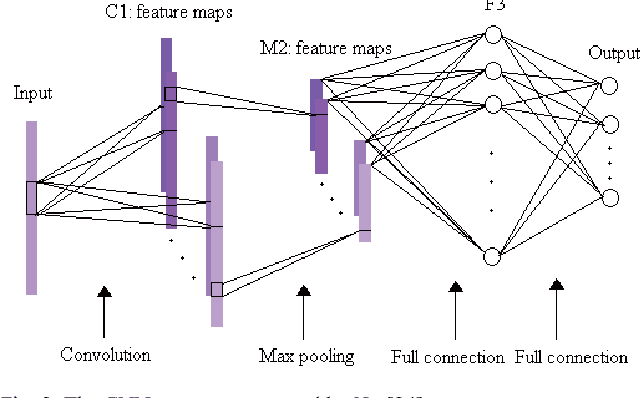
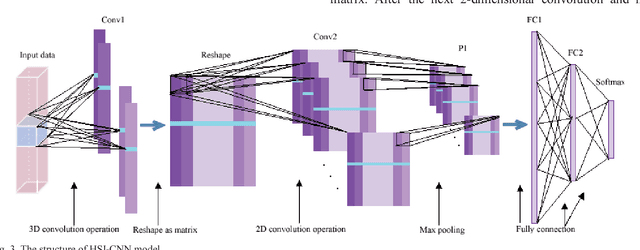
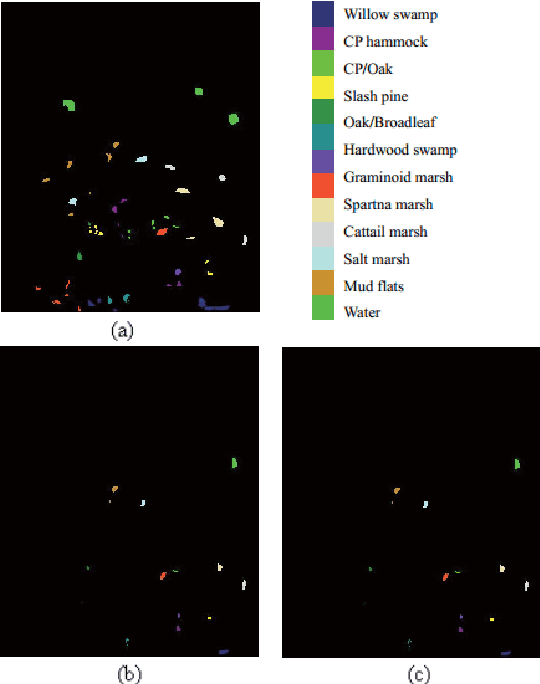
Abstract:With the development of deep learning, the performance of hyperspectral image (HSI) classification has been greatly improved in recent years. The shortage of training samples has become a bottleneck for further improvement of performance. In this paper, we propose a novel convolutional neural network framework for the characteristics of hyperspectral image data, called HSI-CNN. Firstly, the spectral-spatial feature is extracted from a target pixel and its neighbors. Then, a number of one-dimensional feature maps, obtained by convolution operation on spectral-spatial features, are stacked into a two-dimensional matrix. Finally, the two-dimensional matrix considered as an image is fed into standard CNN. This is why we call it HSI-CNN. In addition, we also implements two depth network classification models, called HSI-CNN+XGBoost and HSI-CapsNet, in order to compare the performance of our framework. Experiments show that the performance of hyperspectral image classification is improved efficiently with HSI-CNN framework. We evaluate the model's performance using four popular HSI datasets, which are the Kennedy Space Center (KSC), Indian Pines (IP), Pavia University scene (PU) and Salinas scene (SA). As far as we concerned, HSI-CNN has got the state-of-art accuracy among all methods we have known on these datasets of 99.28%, 99.09%, 99.42%, 98.95% separately.
 Add to Chrome
Add to Chrome Add to Firefox
Add to Firefox Add to Edge
Add to Edge